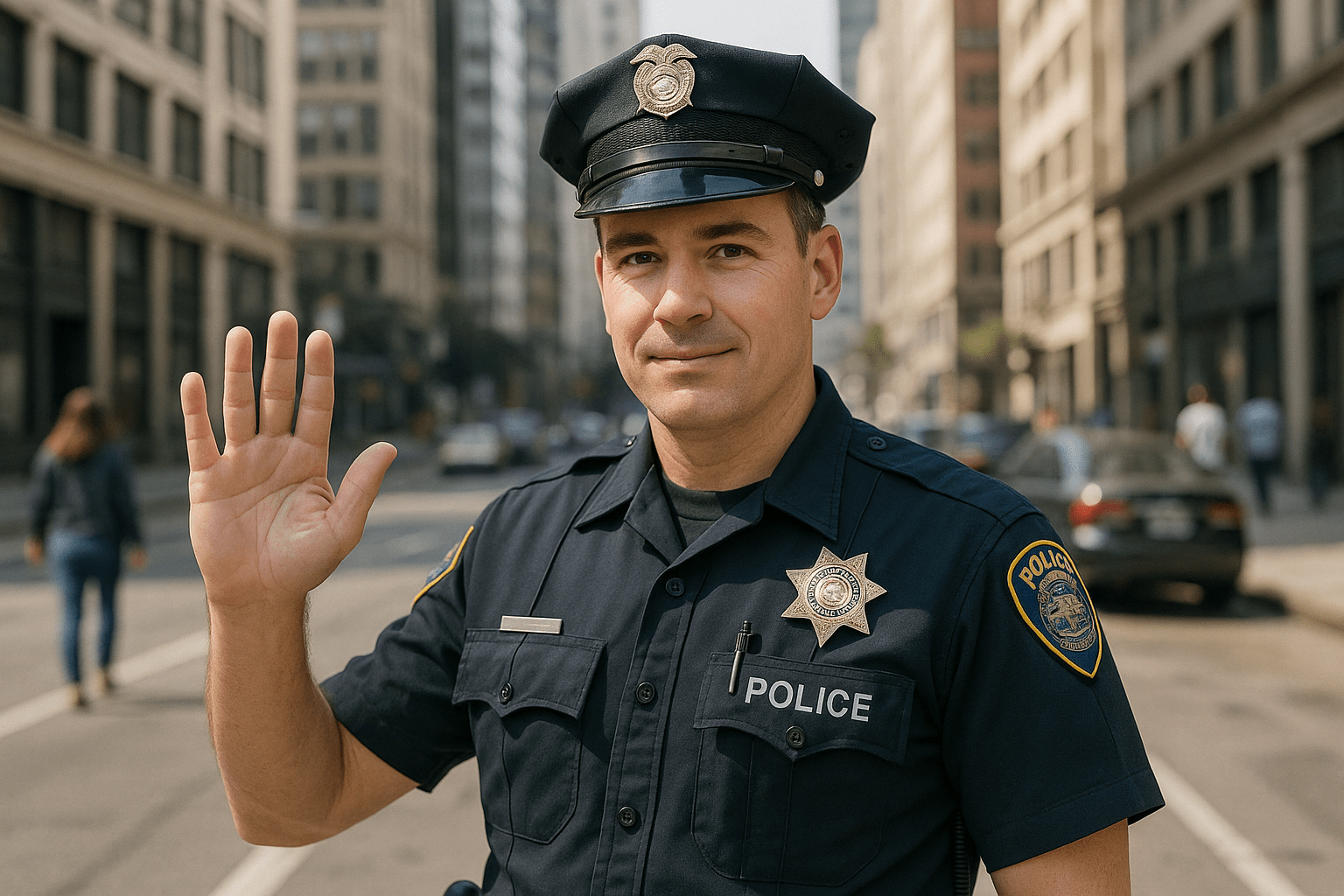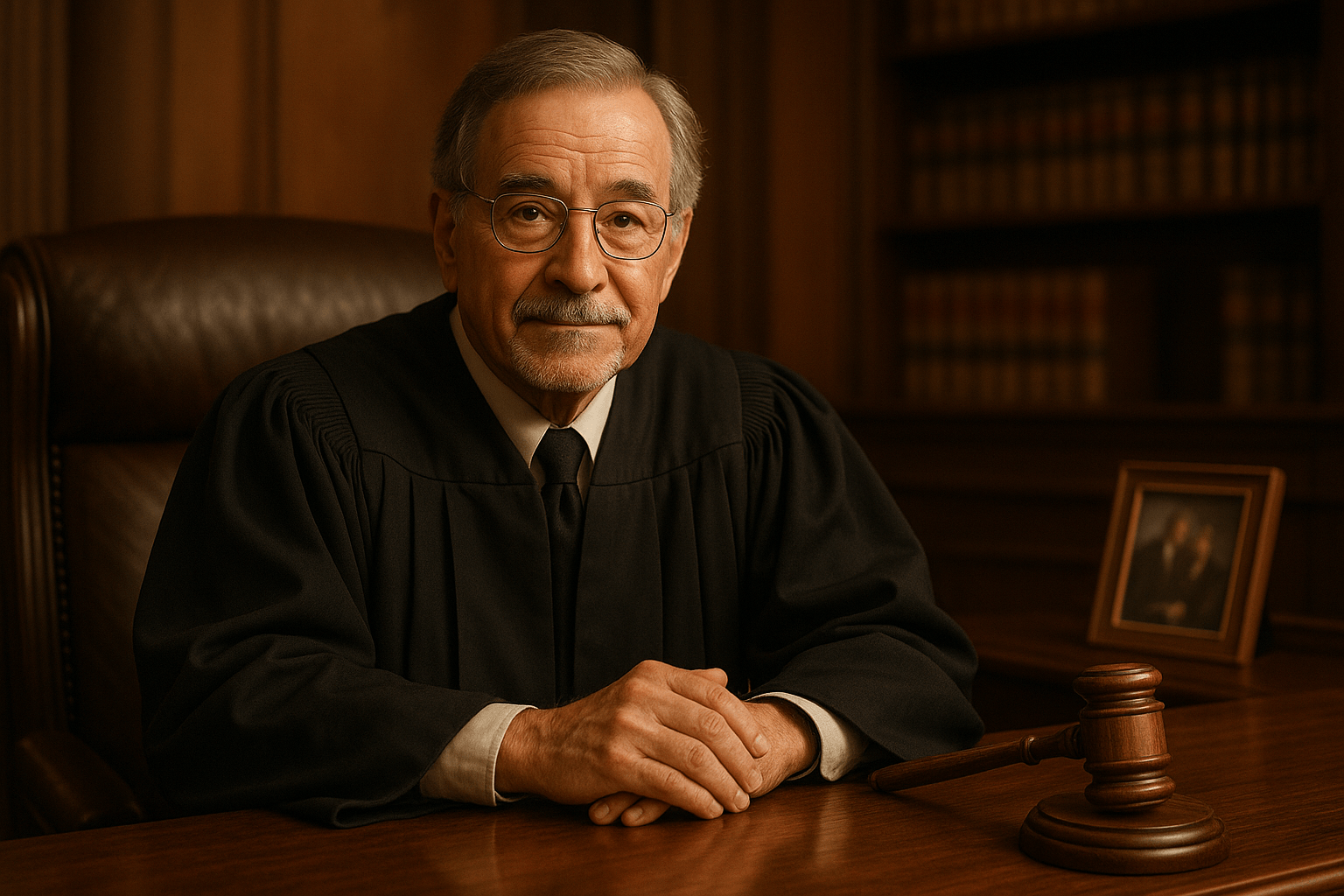Renewed Push in California: Should Police Be Allowed to Mask Their Identities?
By Your Blog • June 2024
Introduction: California’s Ongoing Debate on Police Transparency
In a state often regarded as a leader in criminal justice reform, California is once again at the center of a critical conversation: Should law enforcement officers be allowed to wear masks that conceal their faces during public operations? A new push from lawmakers and civil rights advocates aims to restrict the practice, drawing attention to issues around transparency, public trust, and accountability.
Why Are Some California Police Wearing Masks?
During protests, public events, and even day-to-day law enforcement, it has become increasingly common to see officers covering their faces with balaclavas, ski masks, or other coverings. Why?
- Officer Safety: Departments argue that masks protect identities, shielding officers and their families from potential retaliation or harassment.
- Public Health: The COVID-19 pandemic made face coverings commonplace for health reasons, but their use has persisted beyond health requirements.
- Tactical Operations: In high-risk or undercover scenarios, facial concealment has been standard procedure for decades.
However, critics argue that this practice undermines public trust in law enforcement. When officers are masked, it can be challenging to hold individuals accountable for their conduct on the streets.
The Legislative Push: What’s Changing?
Recently, California lawmakers introduced Assembly Bill 293, which, if passed, would prohibit law enforcement agencies from using face coverings to conceal officers’ identities during protests or when performing duties in public unless there is a clear and immediate threat to safety.
“Accountability in law enforcement is essential to the public’s trust. Hiding behind a mask makes that impossible.”
— Assemblymember Mike Gipson, AB293 Author
CBS News recently reported on the rising calls for such legislation, pointing to numerous incidents where masked officers have been accused of excessive force or unprofessional conduct, with few facing repercussions due to their anonymity.
Why Does Masking Matter? The Issues at Stake
1. Public Trust and Accountability
When officers conceal their identities, it can erode trust with the communities they are sworn to protect. Citizens may feel intimidated or distrustful, especially during tense public events or protests. Identifiable officers are also easier to hold accountable—by their departments and by the public—should misconduct occur. Numerous advocacy groups, such as the ACLU of Southern California, stress the importance of visible, accountable policing.
2. Officer Safety vs. Public Right to Know
While there are legitimate concerns about doxxing and retaliation, critics point out that there must be a balance. Current law already permits officers to withhold their full names in certain situations, and departments can take other steps to protect personal information without total facial anonymity.
Case Studies and Real-World Impact
In 2020, amid the nationwide protests following George Floyd’s murder, footage from cities like Los Angeles showed police lines comprised of almost indistinguishable officers—faces covered, badges obscured. This led to major criticism, as it became nearly impossible for the public or media to distinguish one officer from another. Without identifying information, even departments struggle to investigate complaints of police misconduct quickly and effectively.
On the other hand, some officers have reported being personally targeted on social media when their identities are publicly accessible, showing that the issue is not black and white.
For a deeper examination of both sides, check out this comprehensive New York Times analysis on police masking and transparency.
Public Opinion: Where Do Californians Stand?
According to multiple surveys, most Californians favor increased police transparency. High-profile incidents involving police misconduct—whether or not masking played a role—have made the public more attuned to the importance of visible, accountable law enforcement. Civil liberties organizations continue to push for reforms that protect both officers and the community’s right to oversee those in power.
What Comes Next?
The outcome of the proposed legislation will likely shape how law enforcement operates in California for years to come. If passed, it could set a nationwide precedent, influencing how other states approach police masking and transparency.
For Californians—and Americans everywhere—the debate comes down to one critical question:
Where should the line be drawn between officer safety and the public’s right to transparency and accountability?
Learn More
- Read the full text of AB293 and track its progress.
- Explore the ACLU of Southern California’s statement on police masking.
- Watch coverage of the issue on CBS News.
- For historic context, see how the Los Angeles Times covers this issue.
Conclusion
The push to ban or limit the use of masks by law enforcement in California is about more than just face coverings—it’s about reconciling trust, safety, and justice in our communities. As lawmakers and the public grapple with these complex, often competing interests, the decisions made in California could help shape the future of policing across America.
Stay informed. Stay involved. And never be afraid to ask hard questions about how we keep our communities safe.




